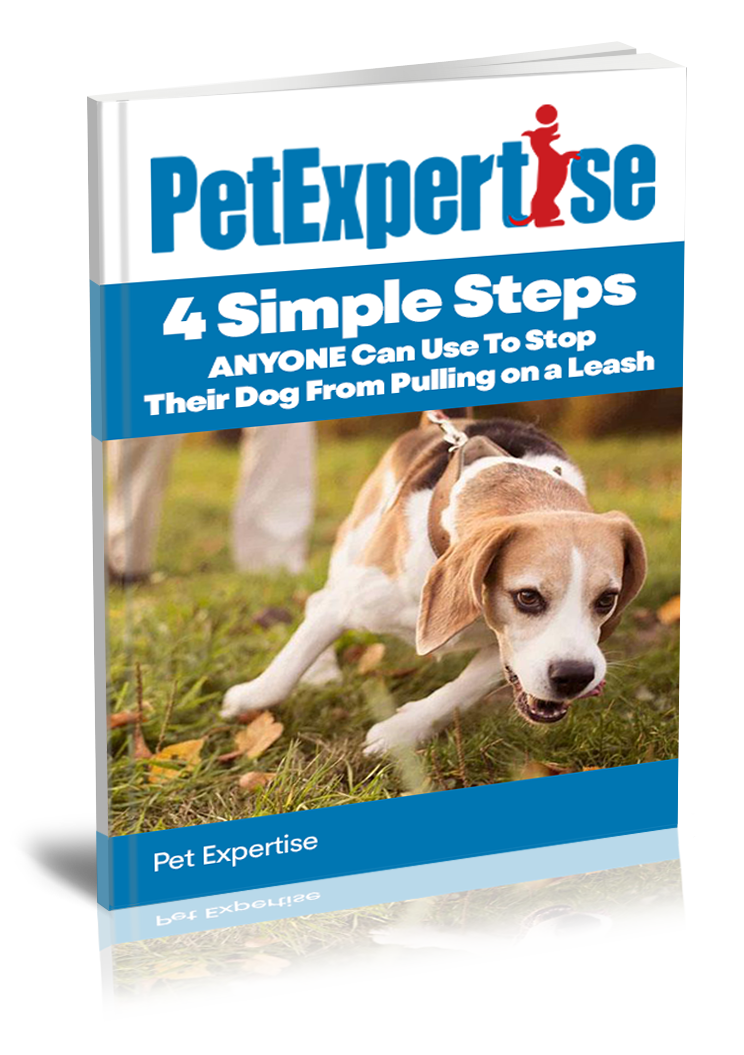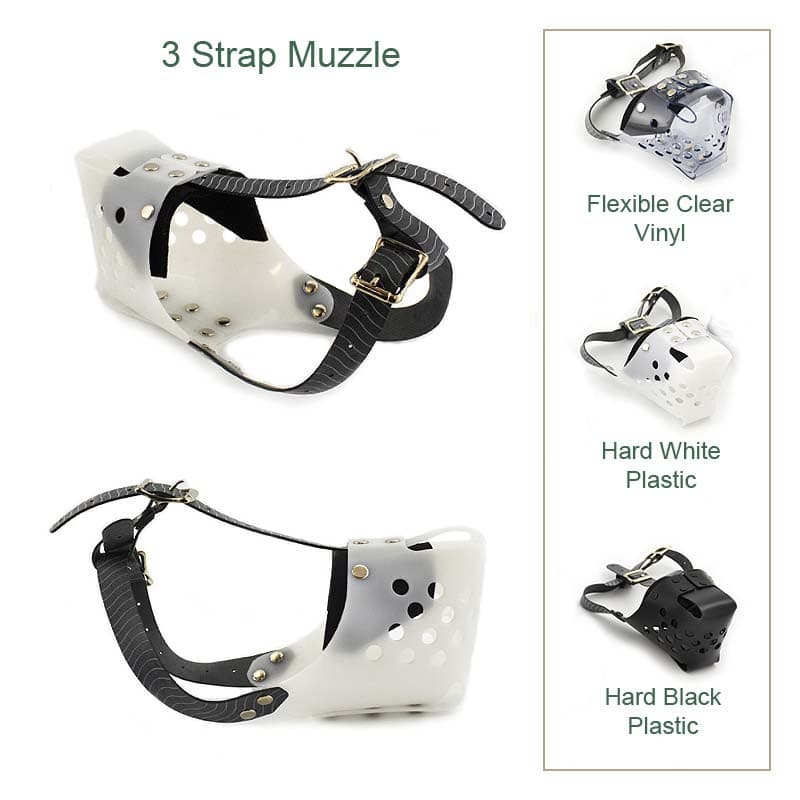Are Collagen Sticks Easier to Digest Than Rawhide?

As a responsible pet parent, you're constantly seeking the best for your furry companion—especially when it comes to health and nutrition. Chewing is not just a favorite pastime for dogs; it supports dental hygiene, relieves stress, and satisfies natural instincts. But not all chews are created equal. If you’ve heard about the risks of rawhide and are exploring alternatives, collagen sticks may have caught your attention.
So, are collagen sticks easier to digest than rawhide? Let’s dive deep into the differences, the science behind digestion, and what’s safest for your dog’s gut and overall well-being.
Understanding Dog Chews — Collagen vs. Rawhide
What Is Rawhide?
Rawhide chews are made from the outer layer of cow or horse hides—essentially, the leftovers from the leather industry. These hides are often chemically treated to remove hair, bleach the material, and preserve its toughness. This process can strip the natural enzymes and nutrients, leaving behind a dense, processed chew.
While rawhide is popular due to its durability and affordability, it comes with significant concerns. Many rawhide products contain artificial dyes, flavorings, and preservatives. Worse, they pose choking risks and are notoriously difficult for dogs to digest, especially if gulped in large pieces.
What Are Collagen Sticks?
Collagen sticks, on the other hand, are made from the inner layer of the hide (called the corium), which is naturally rich in collagen—a structural protein found in the skin, muscles, and connective tissues of animals.
This inner layer is typically processed using gentler methods, such as air-drying or slow baking, to retain nutrients. Collagen chews are often advertised as natural, limited-ingredient treats that are easier on sensitive stomachs and better for overall health.
Digestibility: The Key Concern for Pet Owners
How Digestion Works in Dogs
Dogs are natural carnivores with digestive systems designed to break down raw proteins, bones, and fats. Their stomachs secrete strong acids that begin breaking down food before it moves to the small intestine, where nutrient absorption takes place.
But not all materials are easily digested. Overly processed or chemically treated chews can overwhelm the gut, disrupt digestion, and create serious health issues like intestinal blockages or chronic inflammation.
Rawhide and Digestive Problems
Rawhide is particularly challenging for a dog’s system. While it may soften slightly with chewing, it doesn’t easily break down once swallowed. This increases the risk of :
- Gastrointestinal blockages
-
Vomiting, diarrhea, or constipation
- Bloating and abdominal pain
- Emergency surgeries in severe cases
Aggressive chewers are especially at risk. They often bite off large chunks that their stomachs cannot process efficiently, leading to potential obstructions.
Collagen Sticks: A Gentler Option

Collagen sticks, in contrast, are far more digestible. Because they come from a softer part of the hide and are less processed, they begin to break down in the mouth and continue to do so easily in the stomach.
Here’s how collagen sticks support smoother digestion:
-
They soften during chewing, reducing choking hazards
-
They’re easier for stomach acids to break down
- They pass more easily through the intestinal tract
- They produce fewer undigested fragments, lowering blockage risks
For dogs with past digestive troubles, senior dogs, or puppies, collagen is generally a safer, stomach-friendly alternative.
- Collagen Chews and Gut Health Benefits
More Than Just Easier Digestion
Collagen is not just safe—it’s beneficial. As the most abundant protein in a dog’s body, collagen plays a critical role in maintaining:
- Joint health and mobility
- Skin elasticity and coat shine
- Strong nails and ligaments
-
A healthy gut lining
- In fact, collagen can help repair and maintain the mucosal barrier in the gut, which supports nutrient absorption and reduces inflammation—making it a digestive and immune booster in one.
Allergy-Safe and Sensitive-Stomach Friendly
Because collagen sticks often contain a single ingredient, they’re less likely to trigger food allergies or intolerances. Most are:
- Grain-free and gluten-free
- Free from artificial preservatives, flavors, or colors
-
Easily digestible even by sensitive dogs
This makes them an excellent choice for dogs on elimination diets, hypoallergenic regimens, or those recovering from GI issues.
Rawhide Alternatives and Why Pet Parents Are Switching
The Rising Risks of Rawhide
Despite its long-standing popularity, rawhide has fallen out of favor among holistic vets and natural pet brands. Its association with emergency vet visits and digestive complications has led many to reconsider.
Here’s what makes rawhide risky:
- Chemical exposure from processing with bleach, hydrogen peroxide, and formaldehyde
-
Non-digestibility, causing blockages or internal injuries
-
Choking risks, especially for large or aggressive chewers
-
Bacterial contamination in lower-grade imports
As awareness grows, pet owners are turning to cleaner, more transparent alternatives that support—not jeopardize—canine health.
Popular Rawhide-Free Options
The pet care market has evolved rapidly, offering several rawhide-free options. Among them:
- Collagen sticks – High digestibility, joint and skin support
-
Bully sticks – 100% beef muscle, protein-rich and long-lasting
-
Yak chews – Made from yak milk, durable yet natural
-
Fish skin chews – High in omega-3s, great for skin and coat
-
Vegetable-based dental chews – Gentle on digestion, suitable for dogs with protein allergies
Each option has its pros and cons, but collagen chews are often praised for their unique balance of digestibility, durability, and health benefits.
How to Choose the Right Chew for Your Dog

Key Considerations for Safety and Health
When picking a chew for your dog, consider the following:
-
Dog size and breed: Large dogs need tougher chews, while smaller breeds benefit from softer, thinner options
-
Chewing behavior: Is your dog a slow nibbler or a gulp-and-go power chewer?
-
Allergies or sensitivities: Choose limited-ingredient chews without common allergens
-
Transparency and labeling: Reputable brands list their sourcing and ingredients clearly
Tips for Safe Chewing
Even natural chews can become unsafe if not used properly. Follow these safety practices:
-
Supervise every chew session, especially when introducing a new product
-
Select appropriately sized chews—larger than your dog’s mouth to prevent gulping
-
Provide fresh water nearby to help with digestion
-
Limit chew time to avoid overconsumption and calorie overload
-
Replace chews when they become small enough to swallow whole
Final Verdict: Are Collagen Sticks More Digestible Than Rawhide?
In short—yes.
Collagen sticks are clearly more digestible than rawhide. Not only are they easier on your dog’s stomach, but they also come with added health benefits for joints, skin, and the digestive system. Because they’re less processed, safer to chew, and made from nutrient-rich inner hide, collagen sticks provide a more natural and functional alternative.
For pet parents looking to ditch rawhide in favor of a safer, more beneficial chew, collagen sticks are a smart switch. Just be sure to choose high-quality, reputable brands—and check with your vet if your dog has a history of food allergies or digestive issues.
FAQs
- Choosing a selection results in a full page refresh.
- Press the space key then arrow keys to make a selection.



